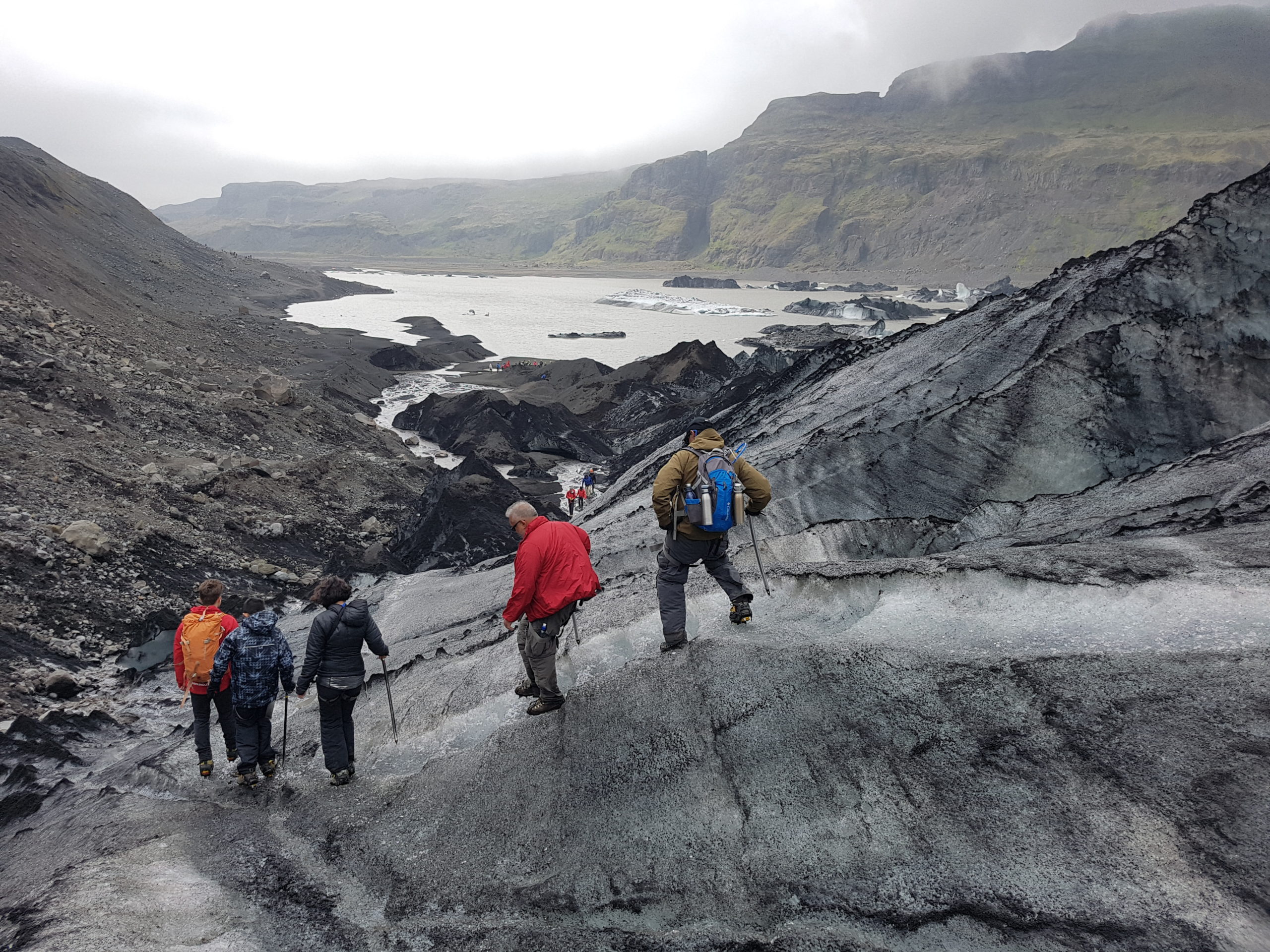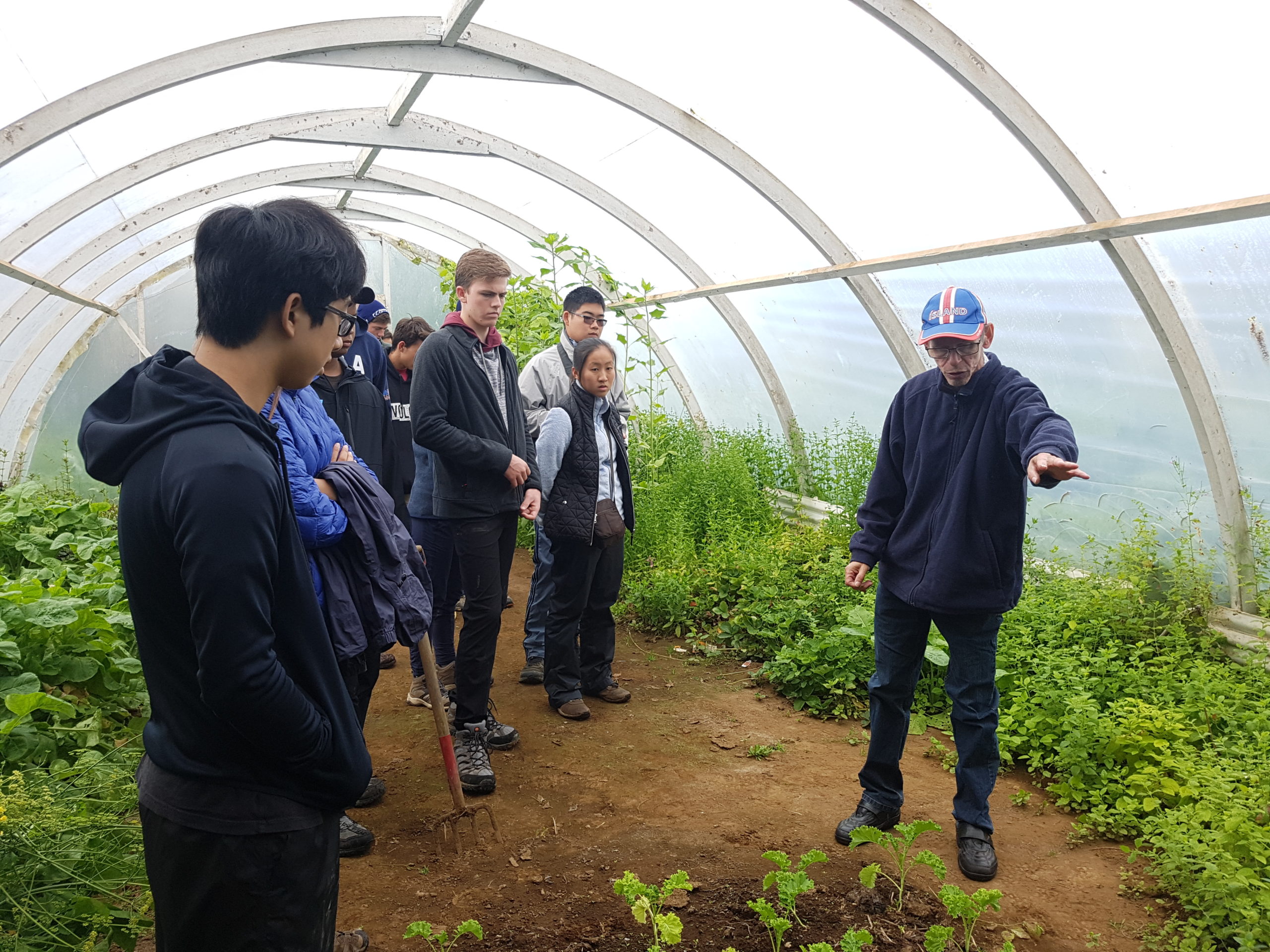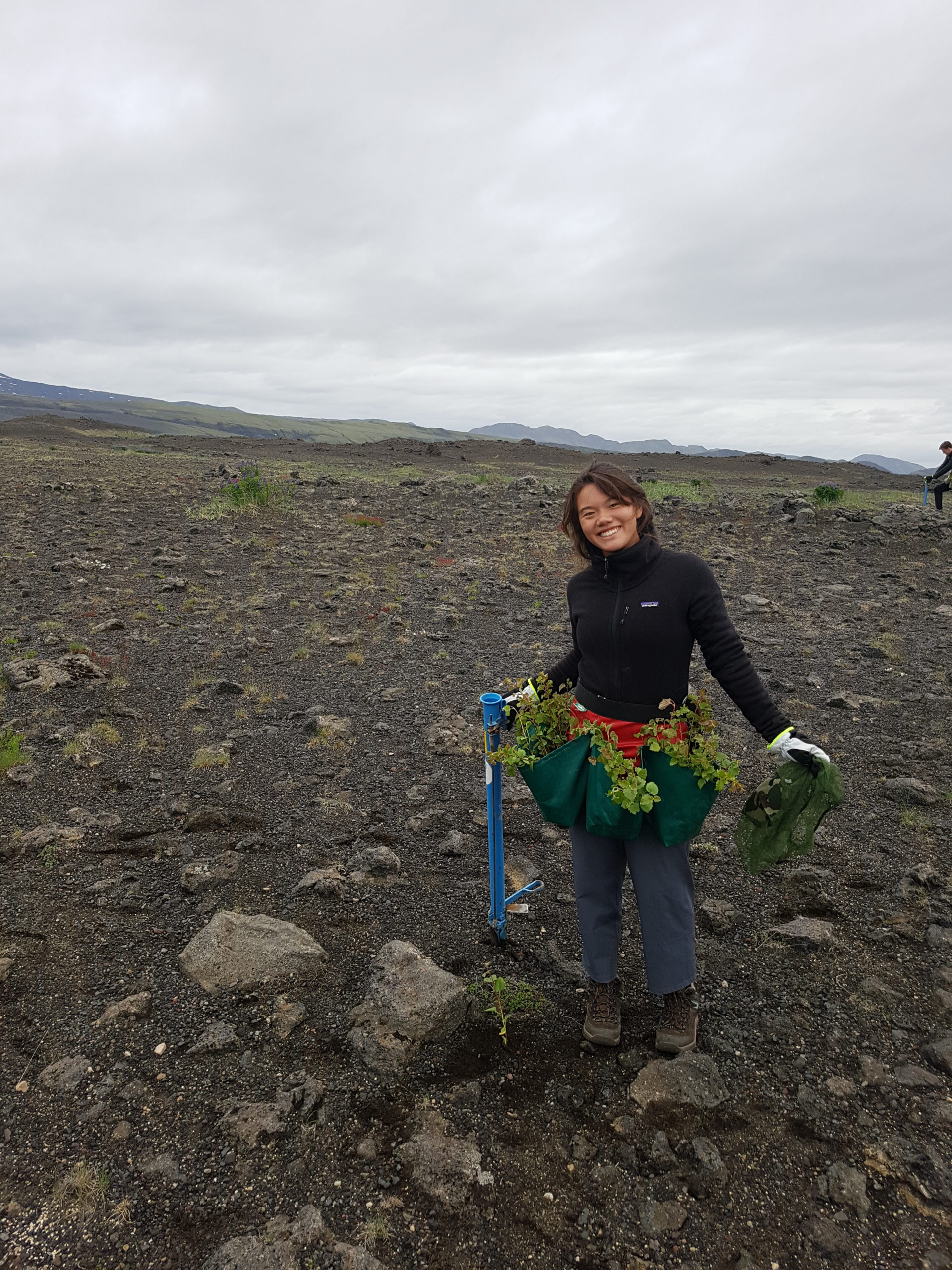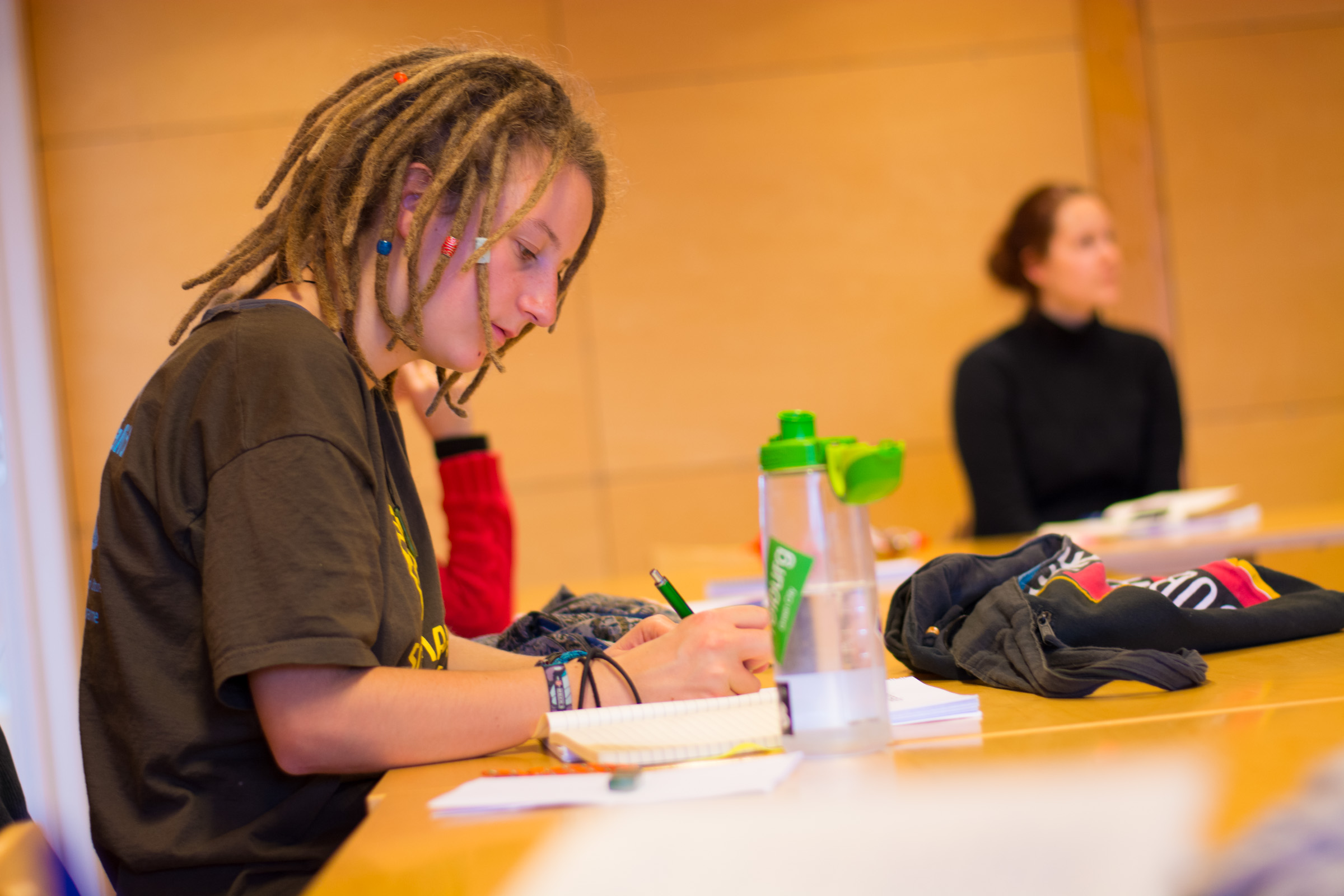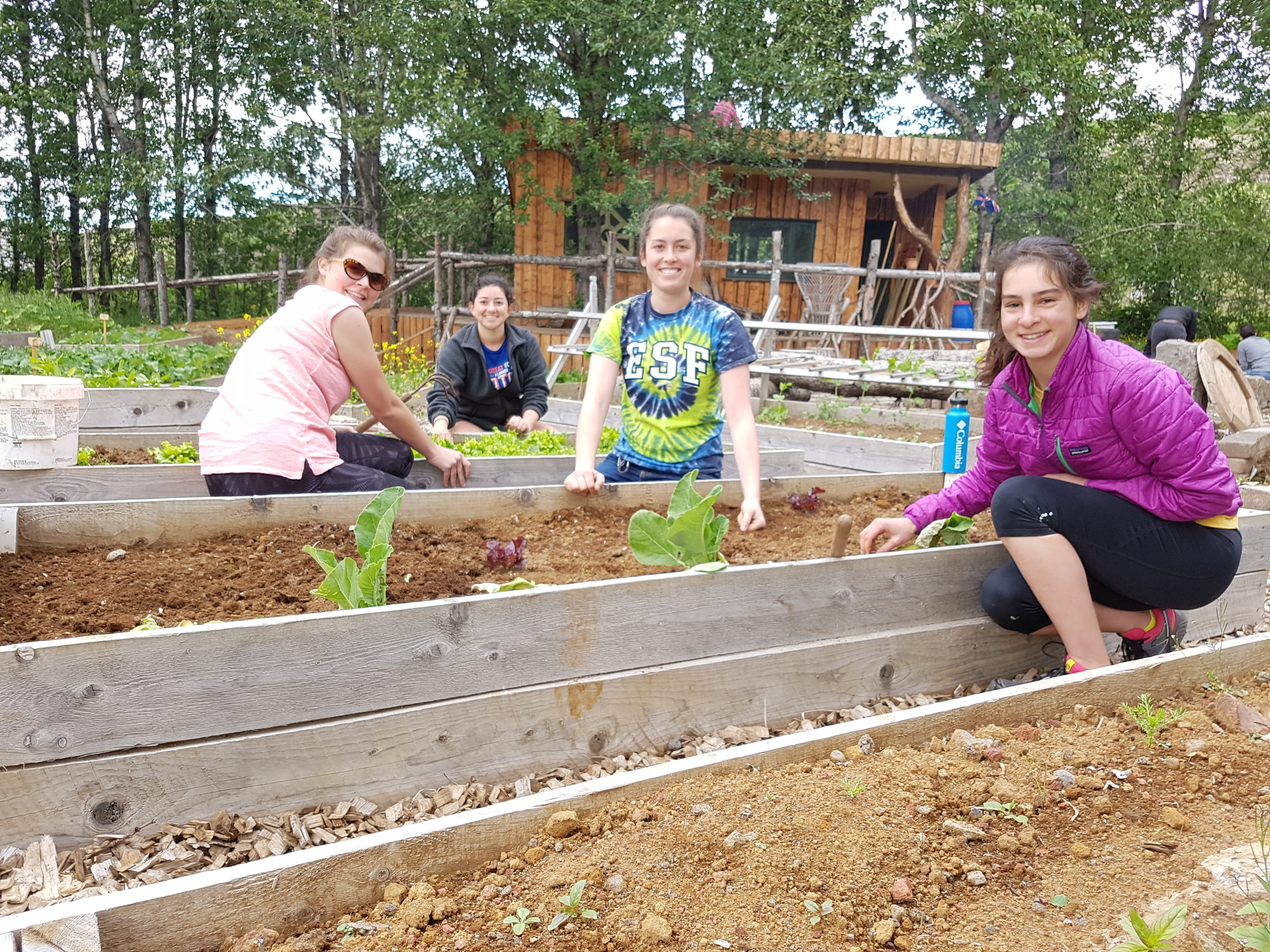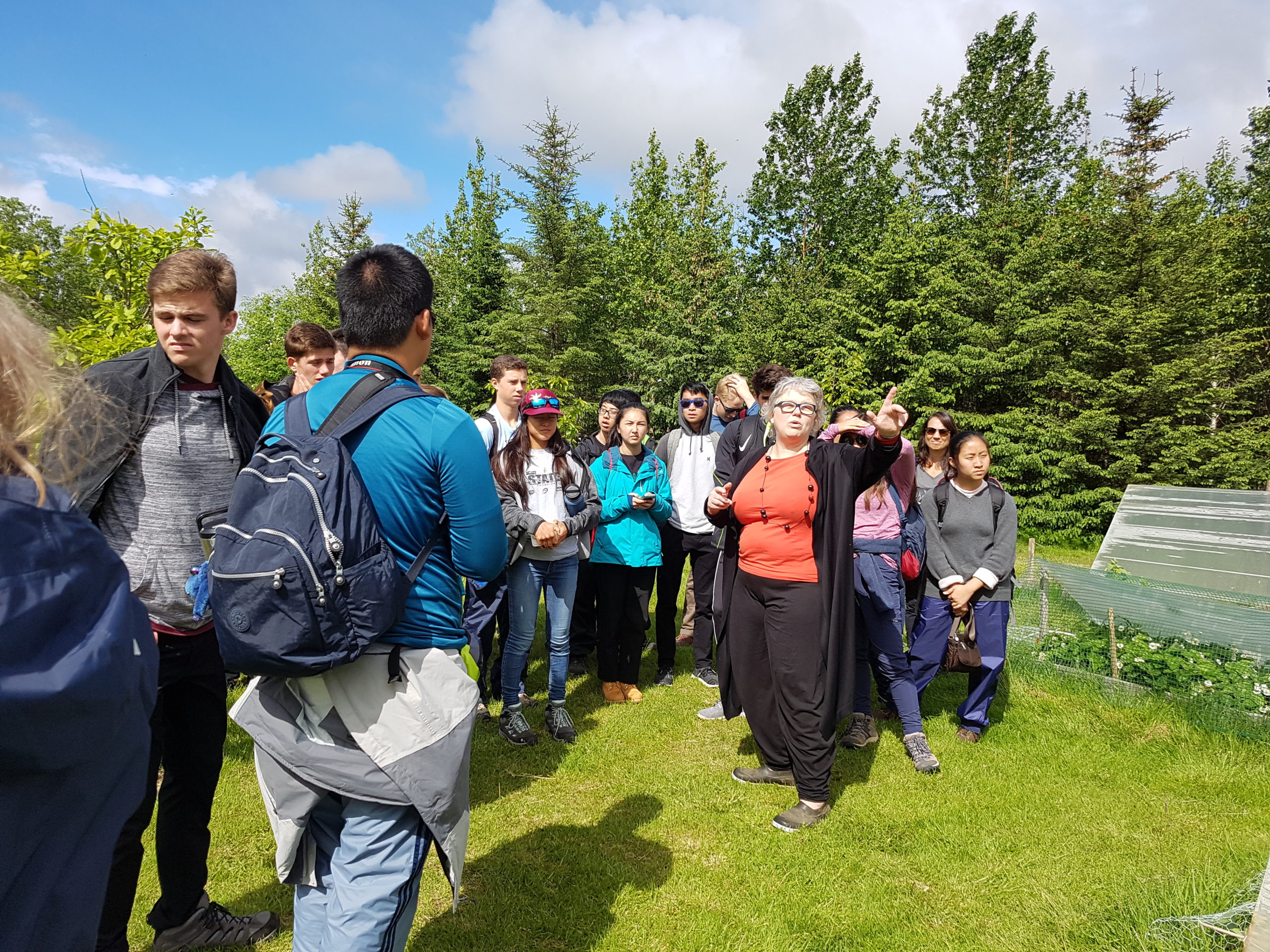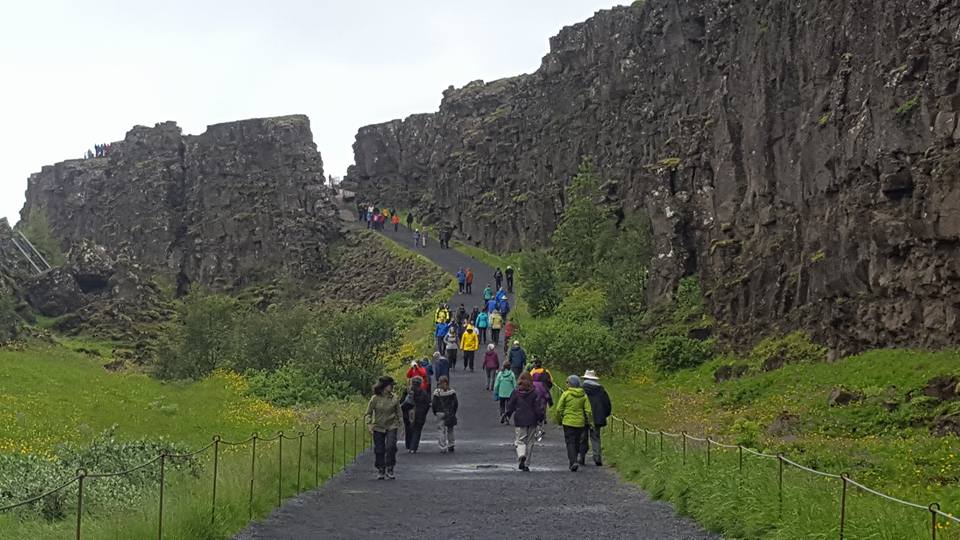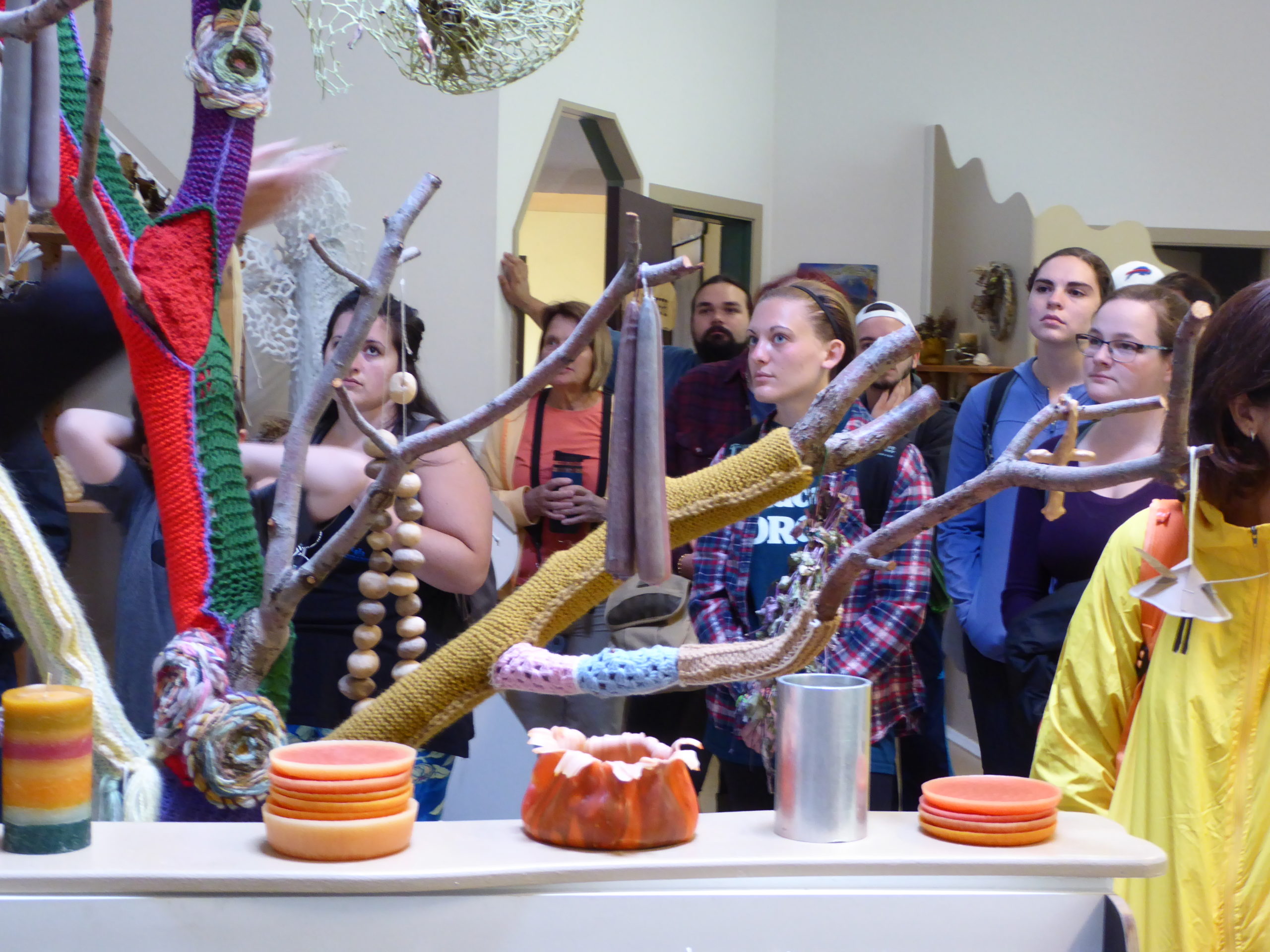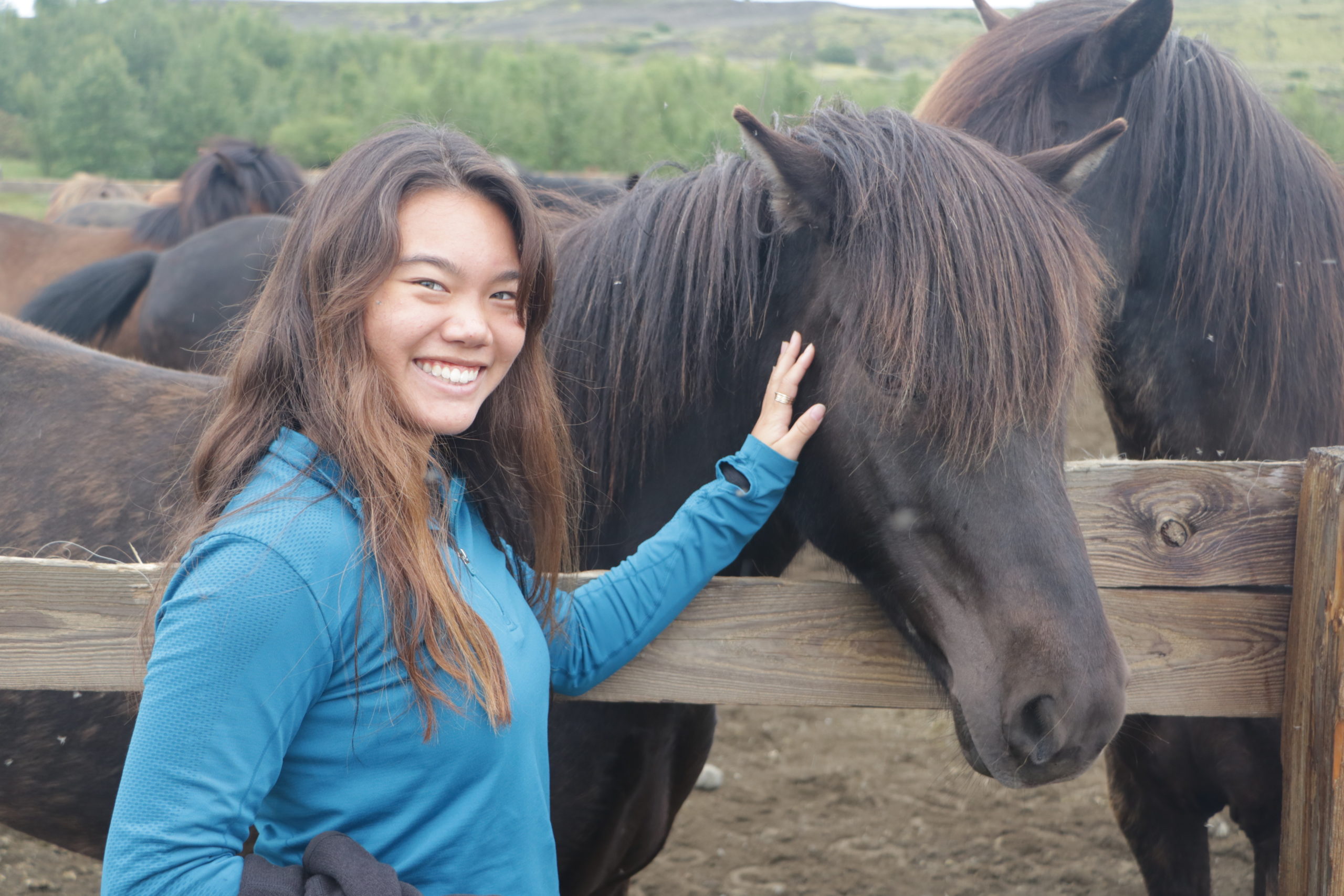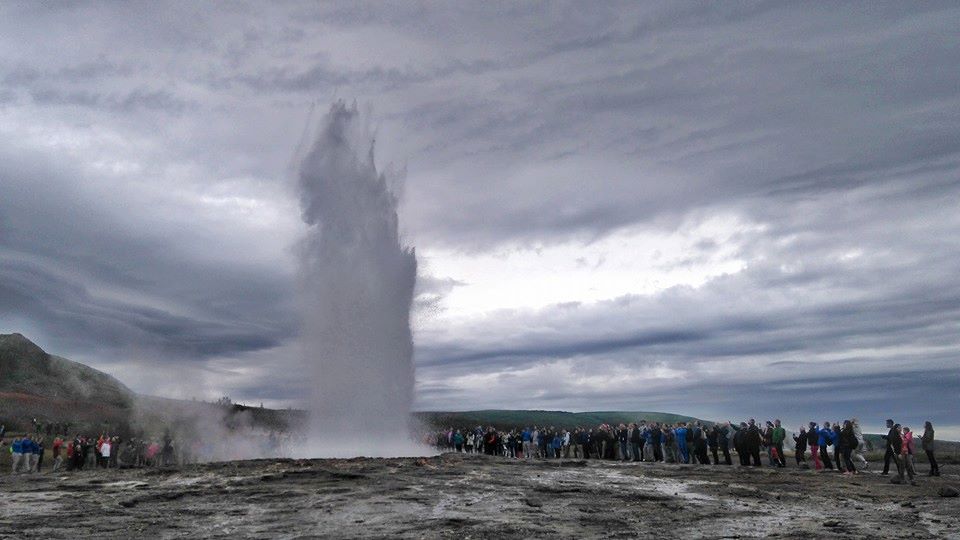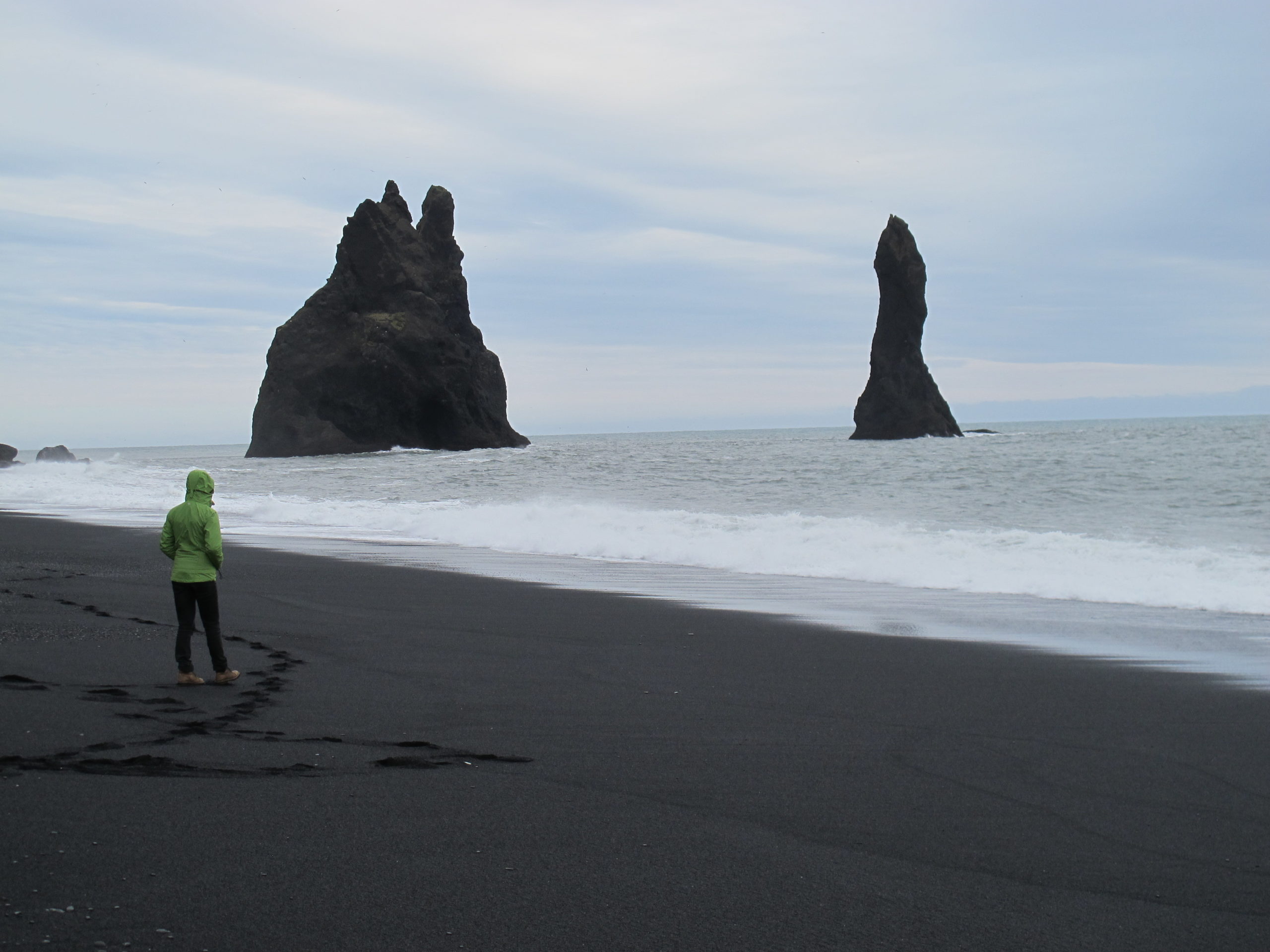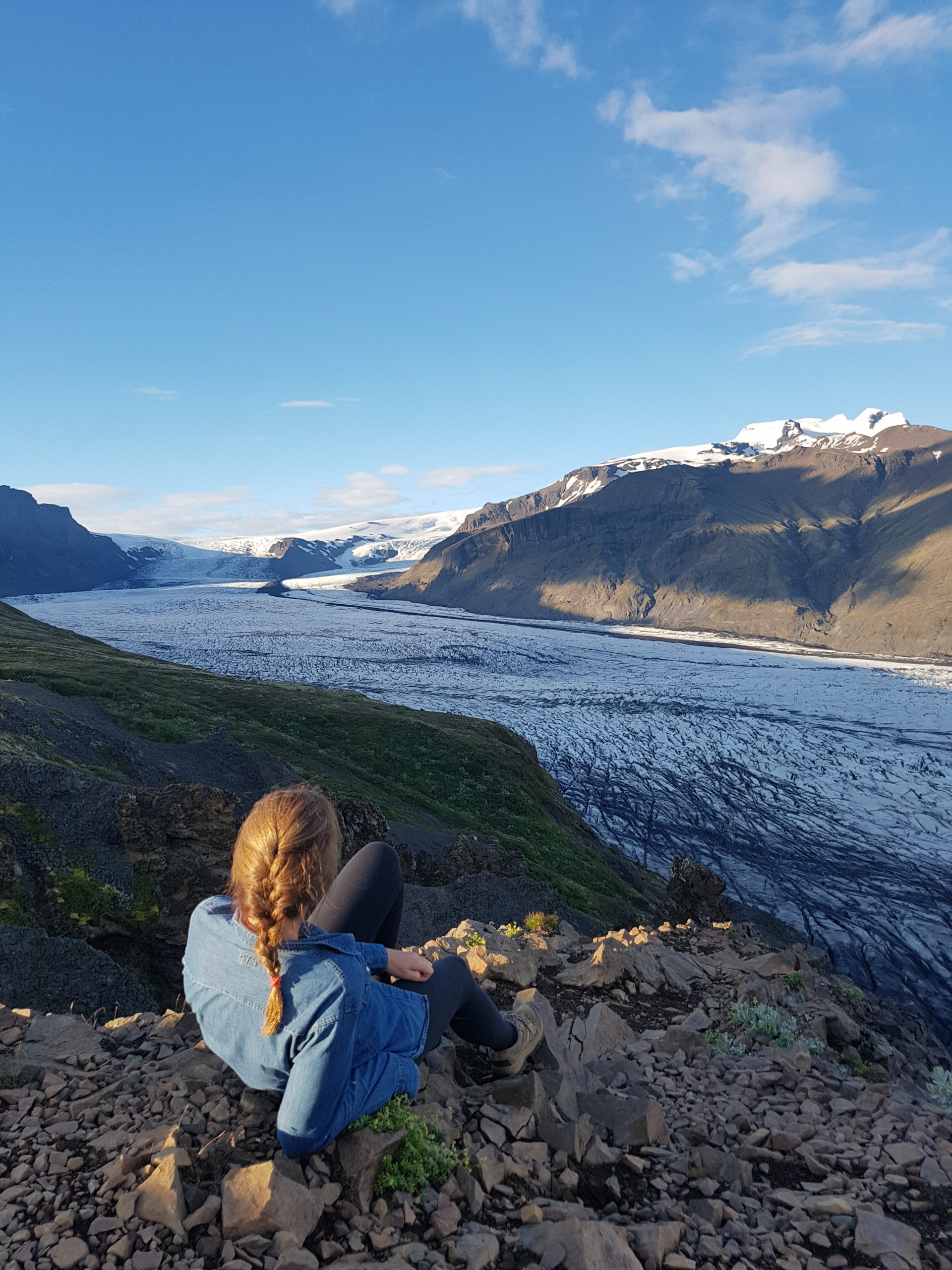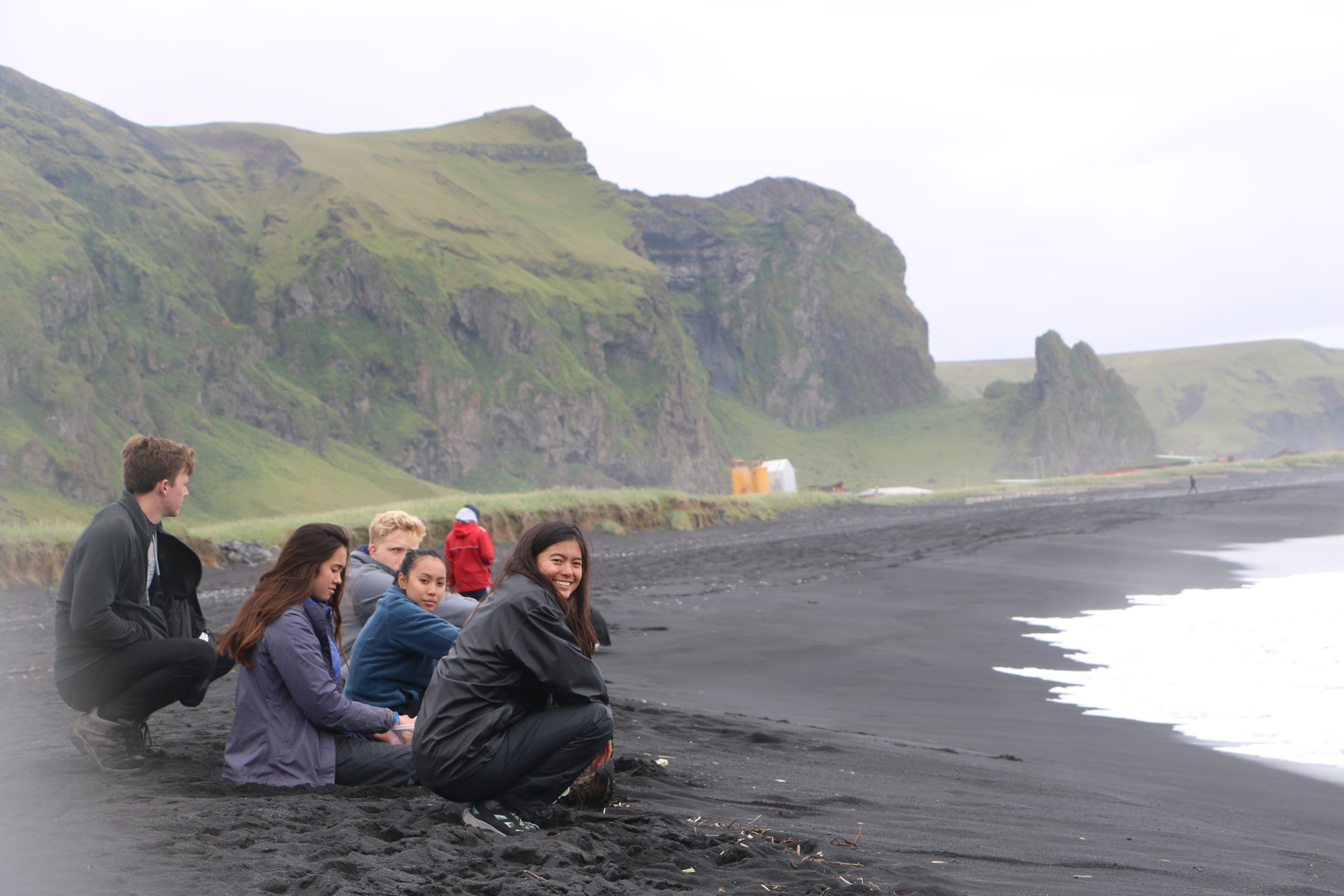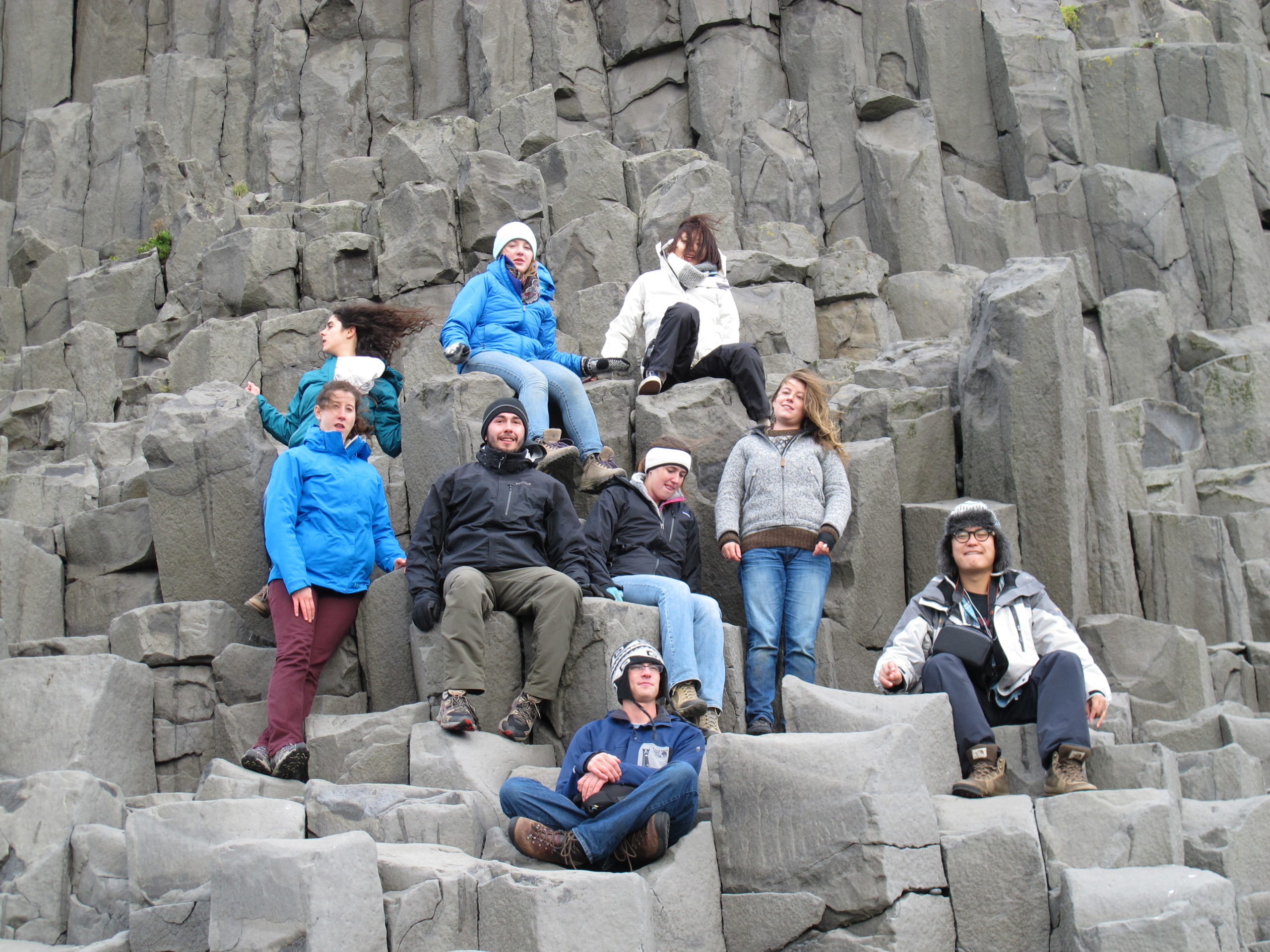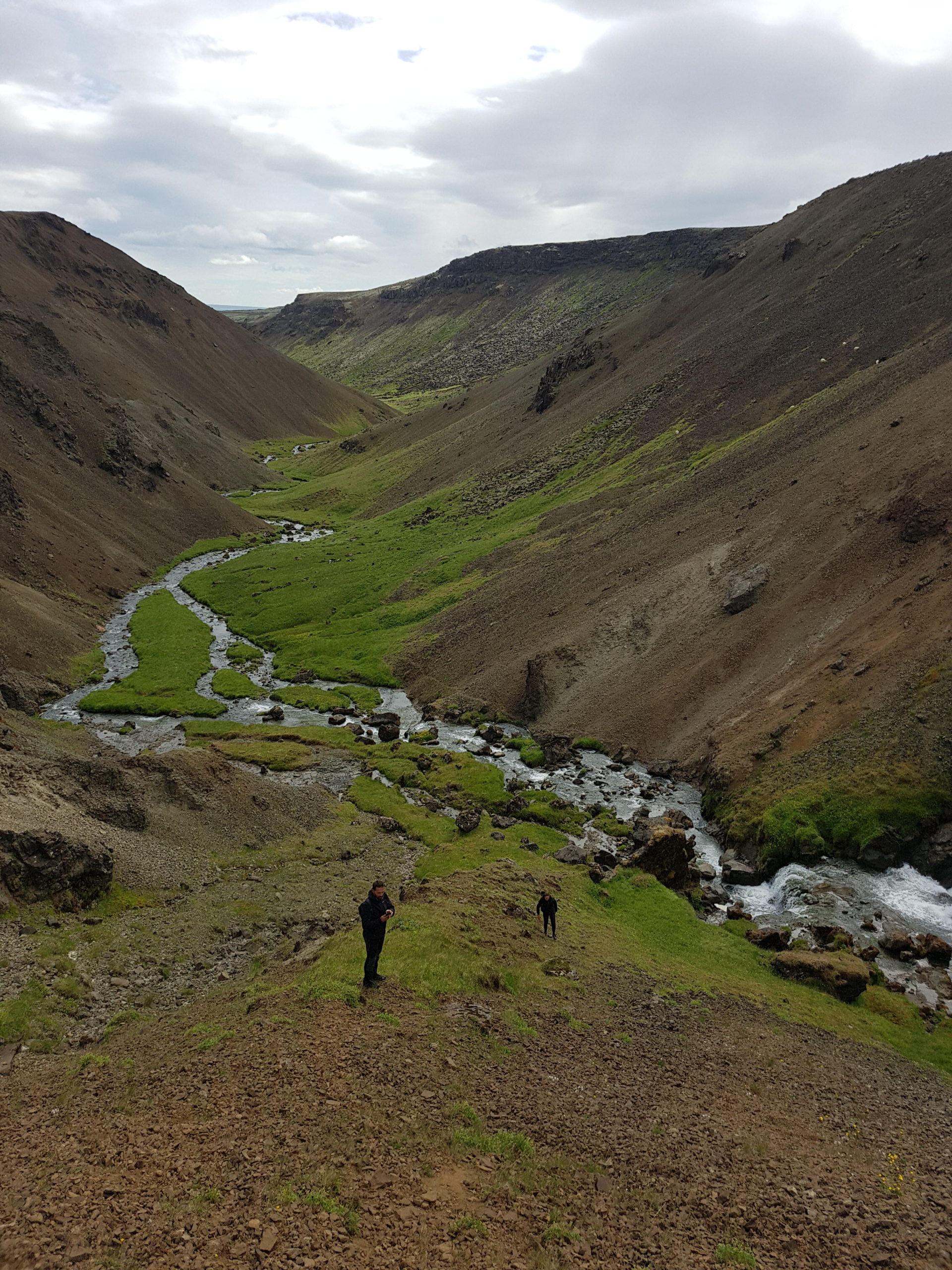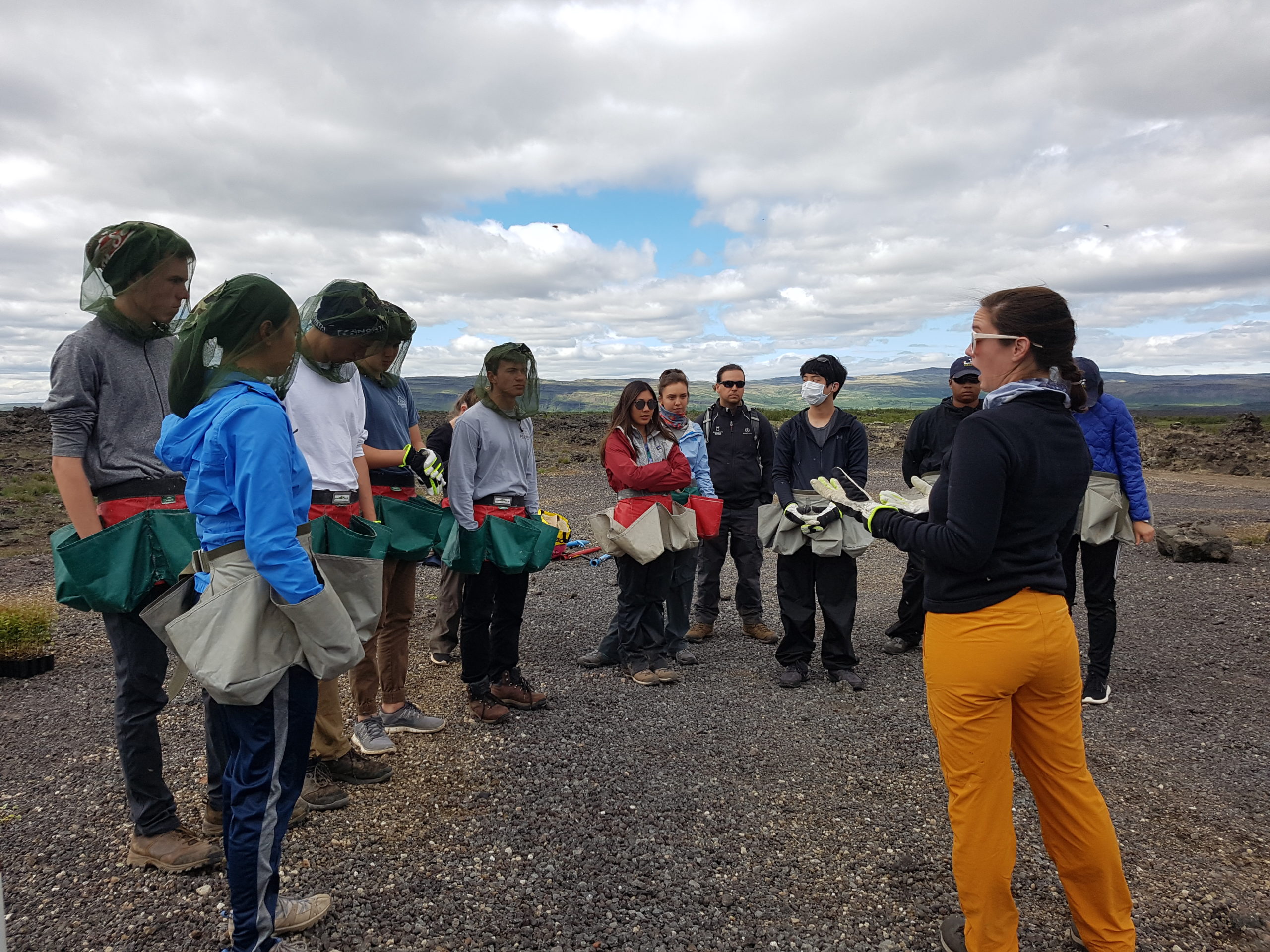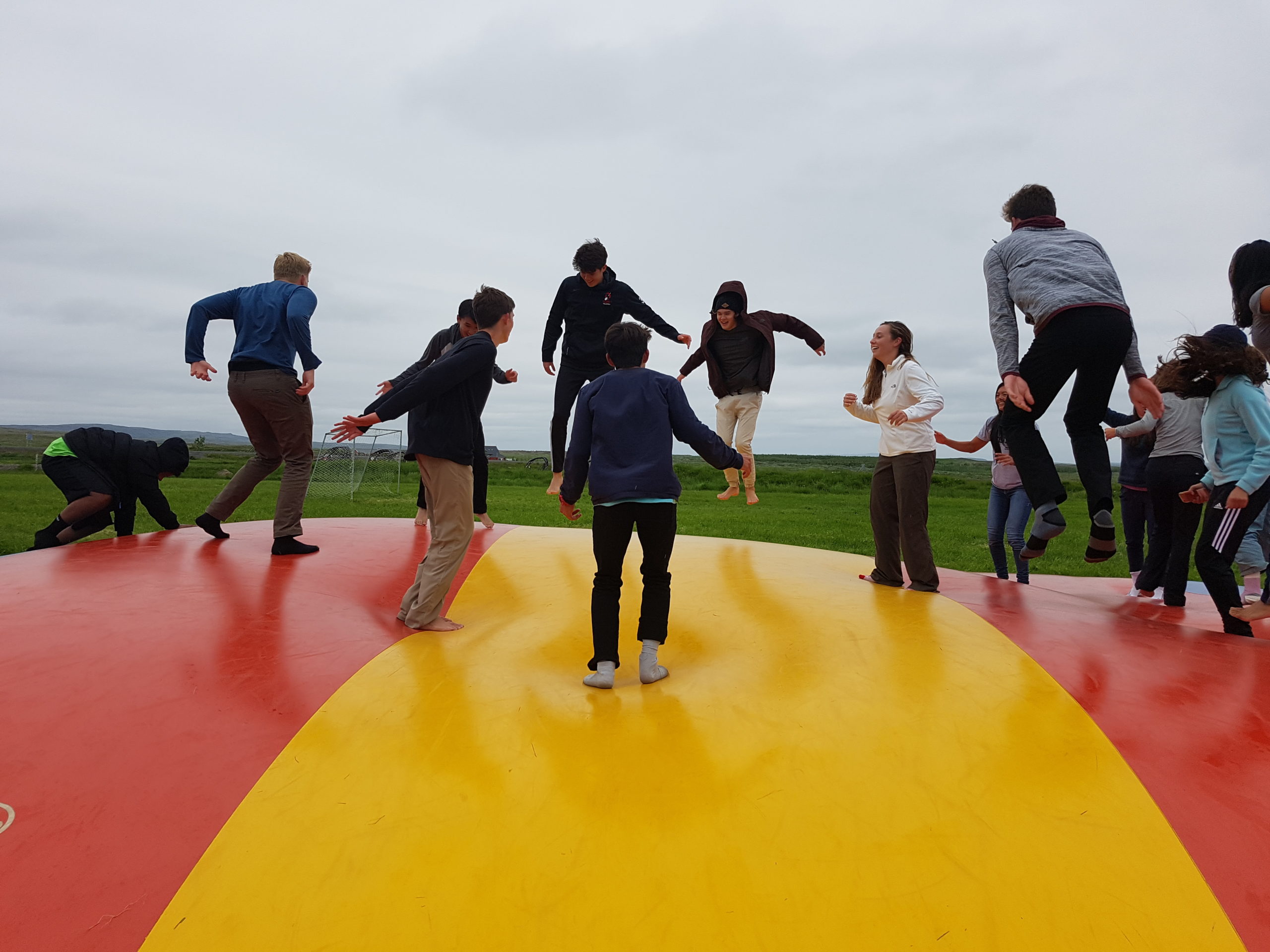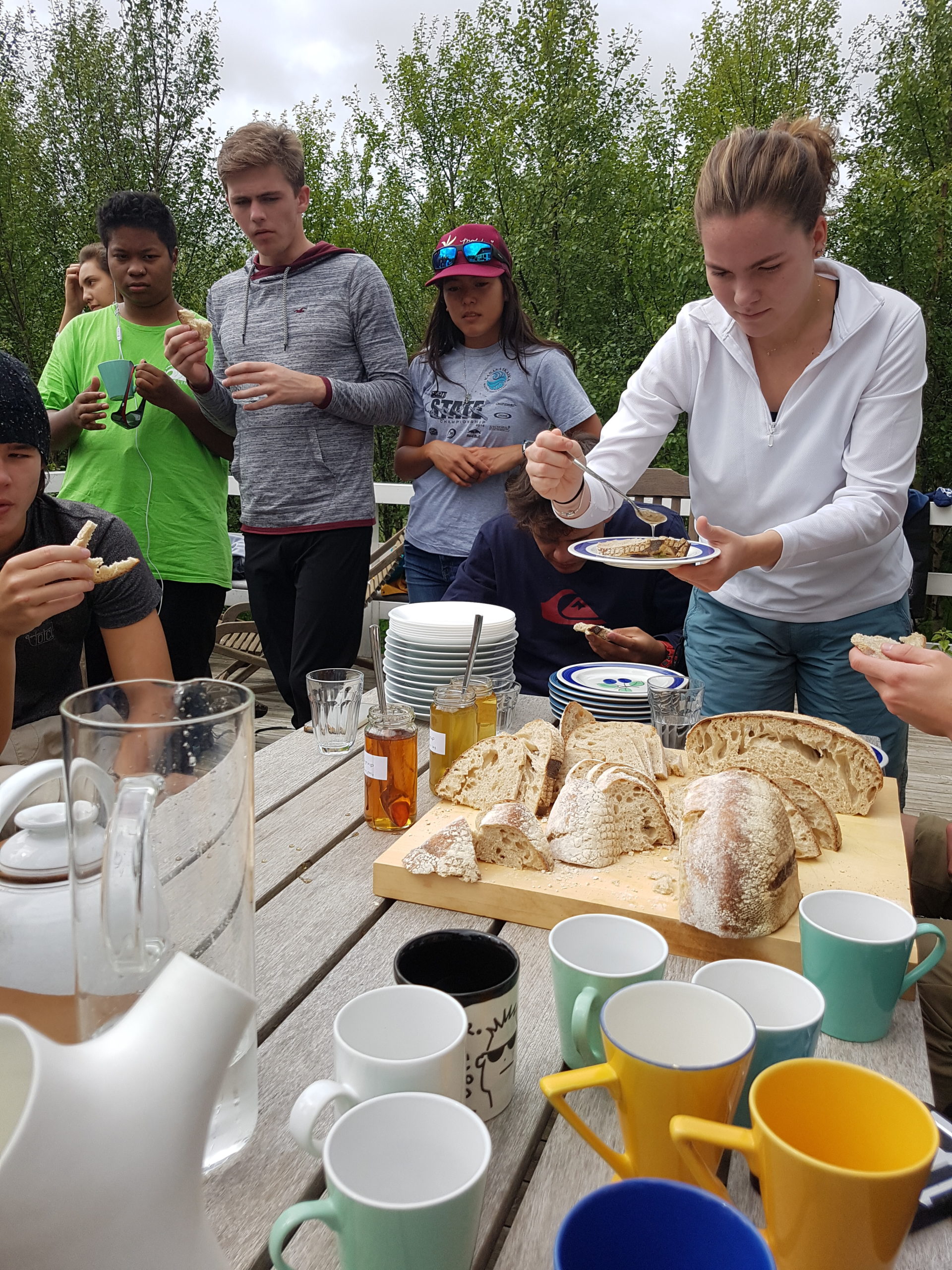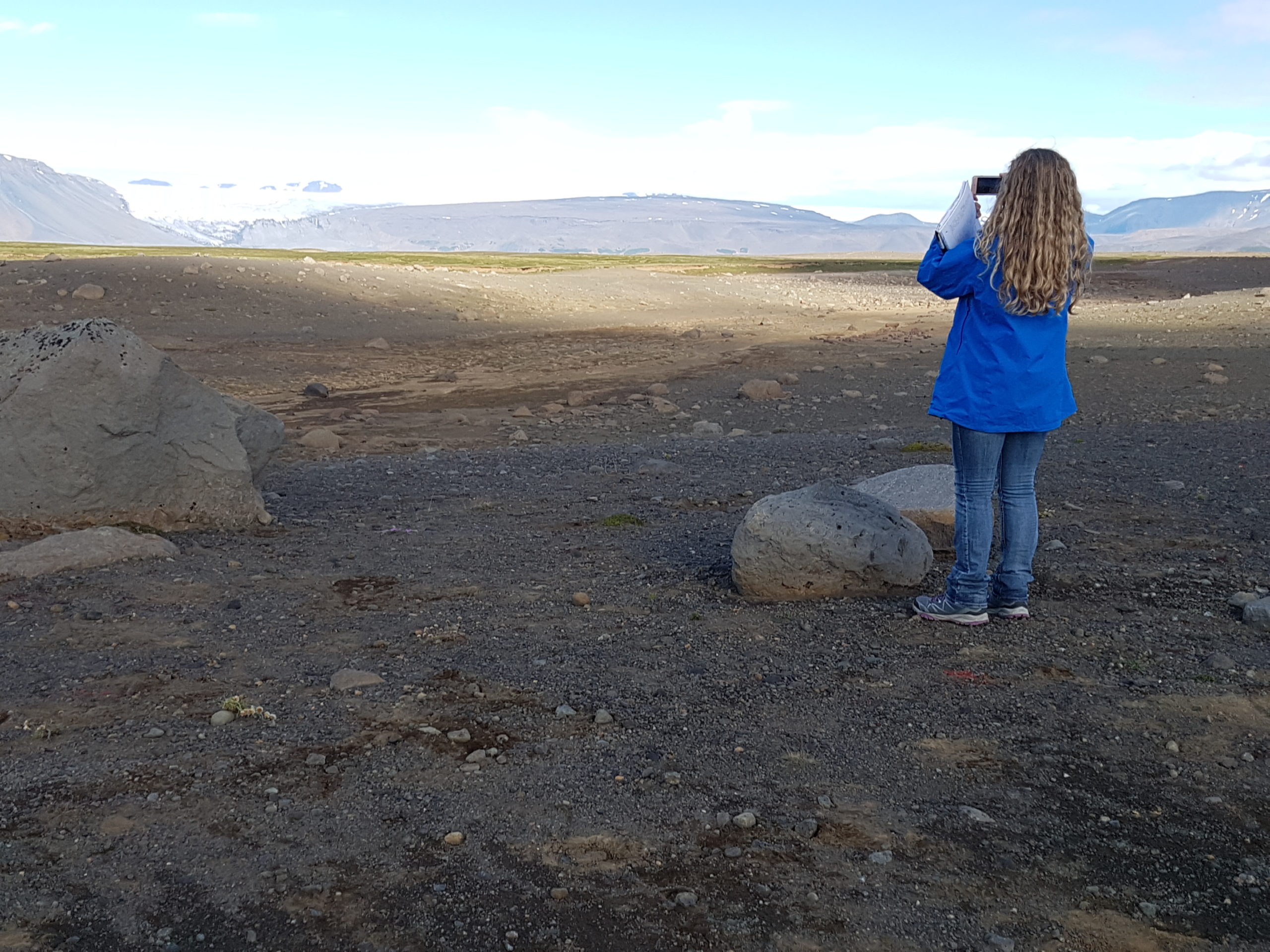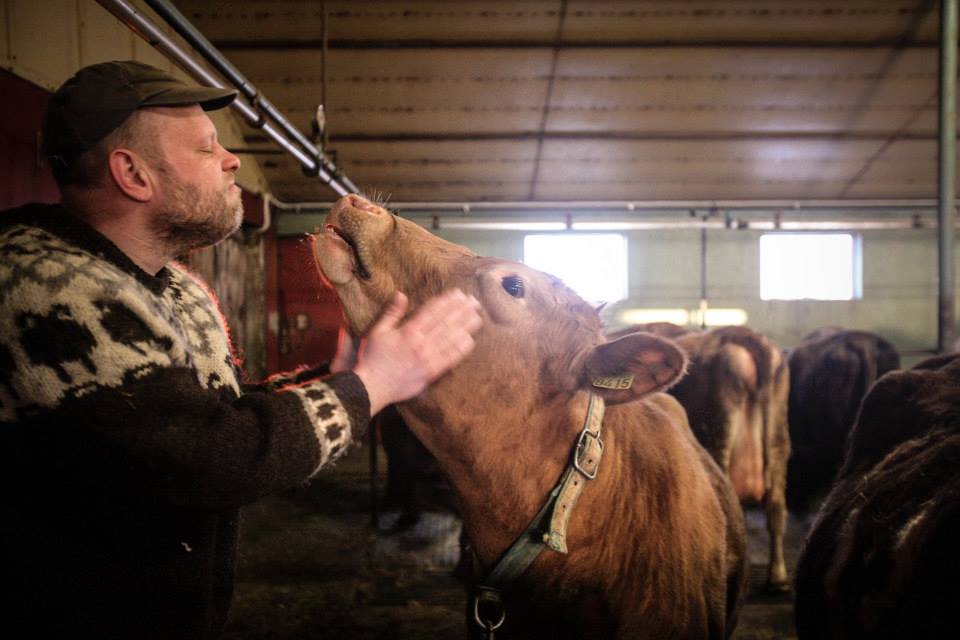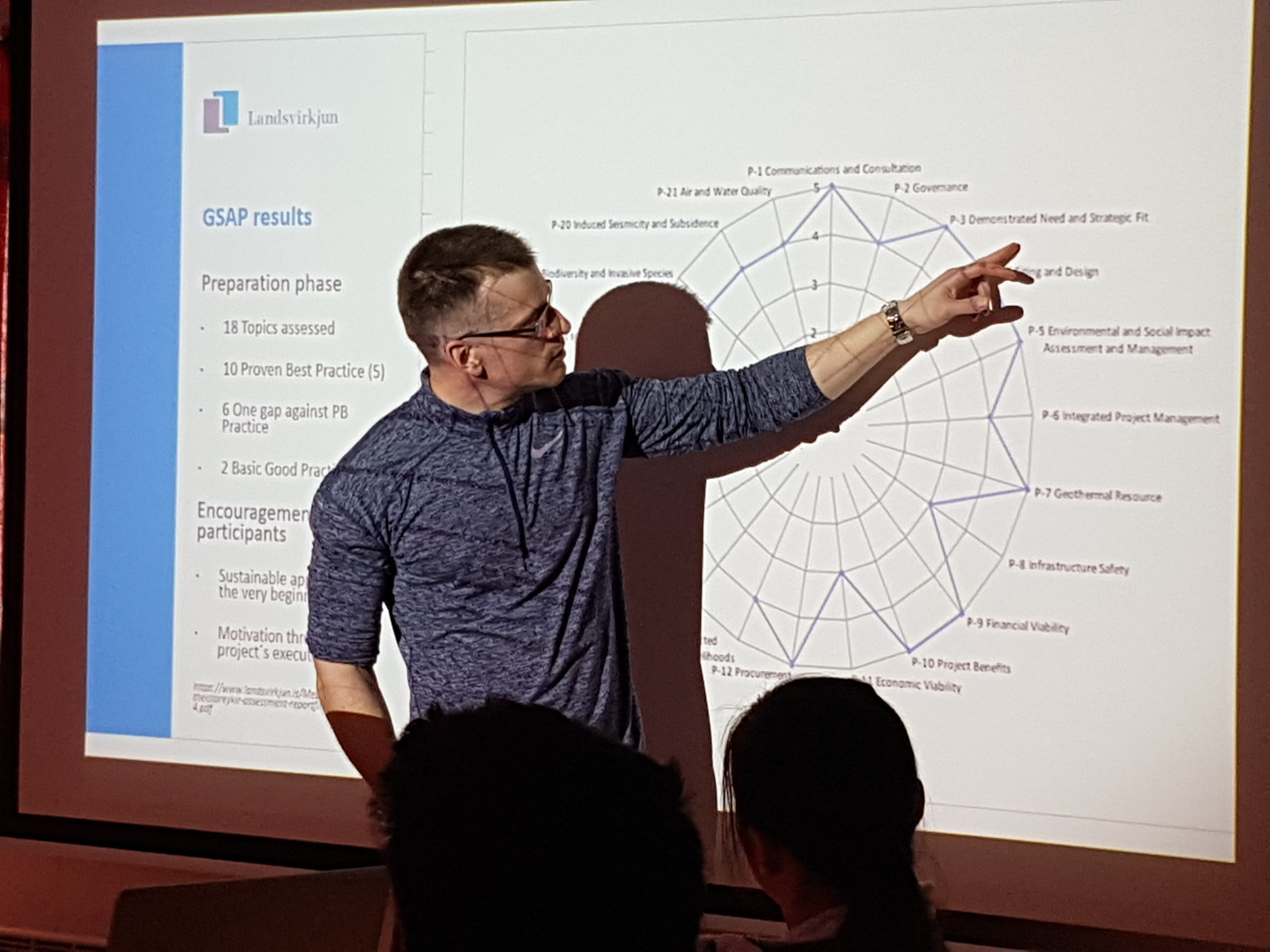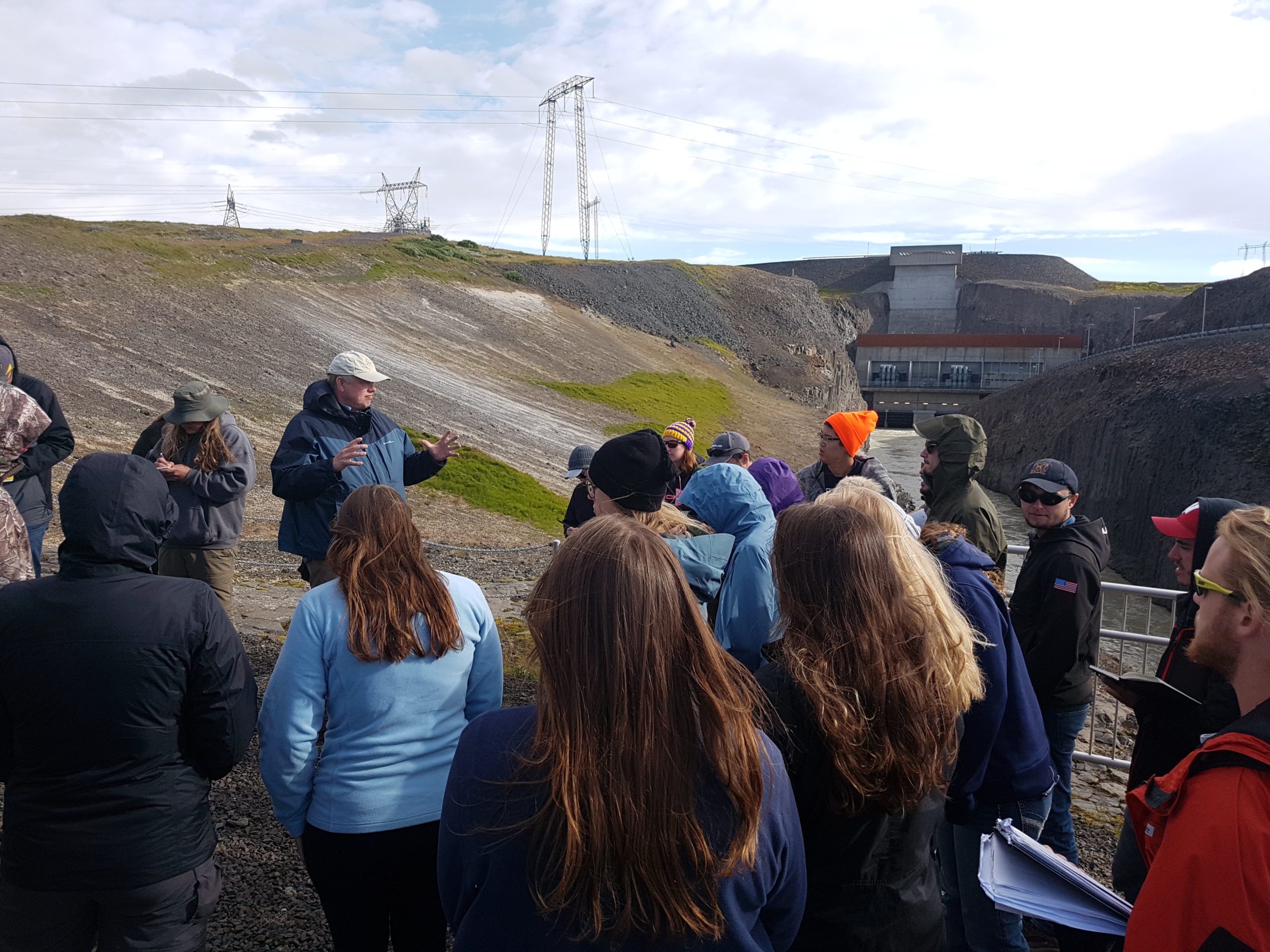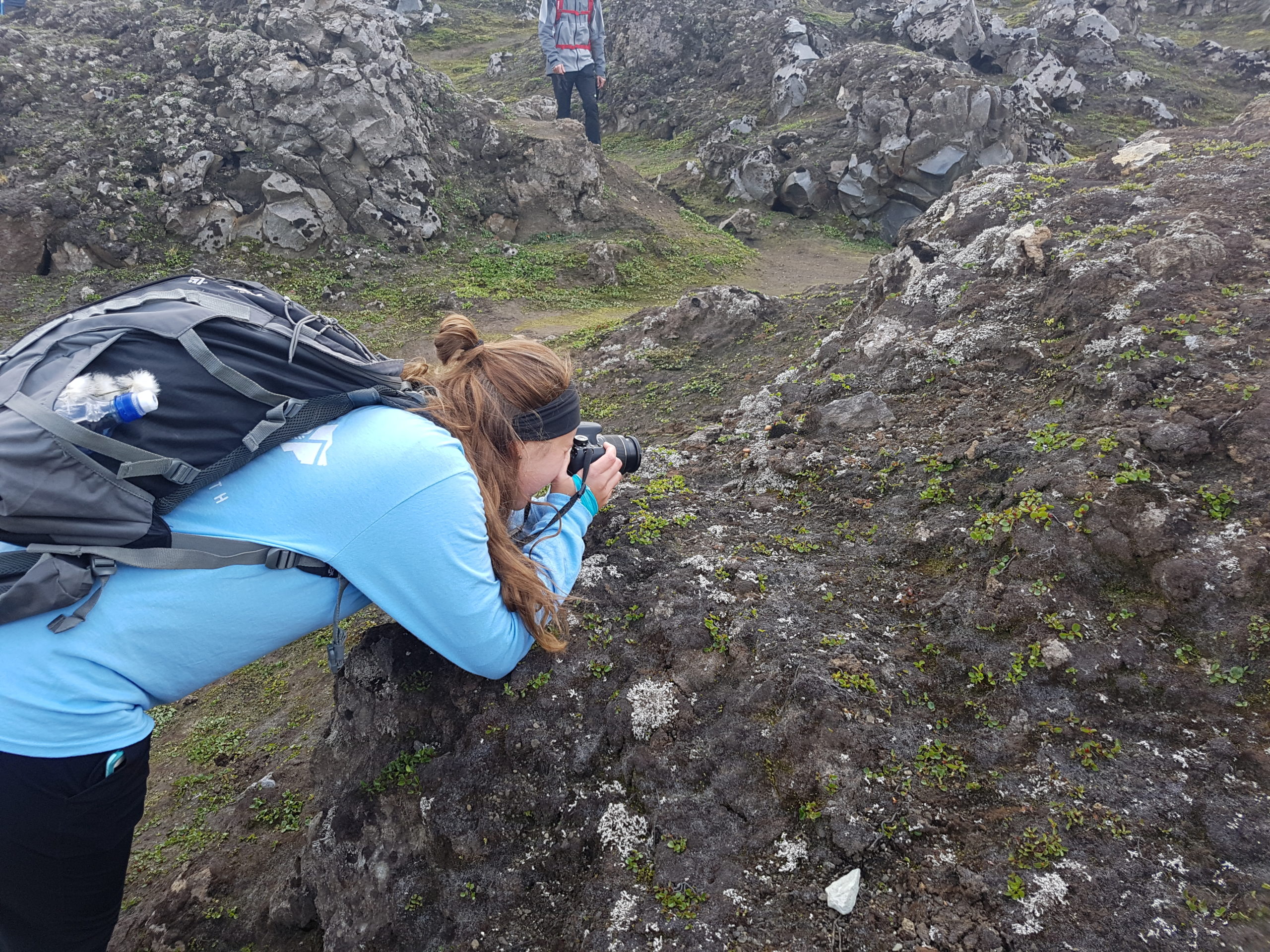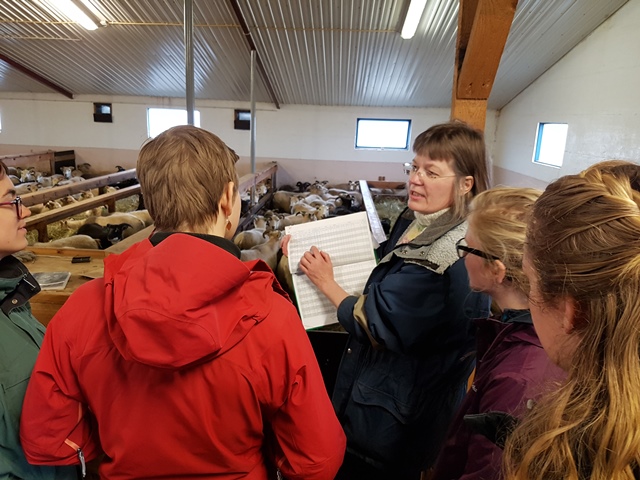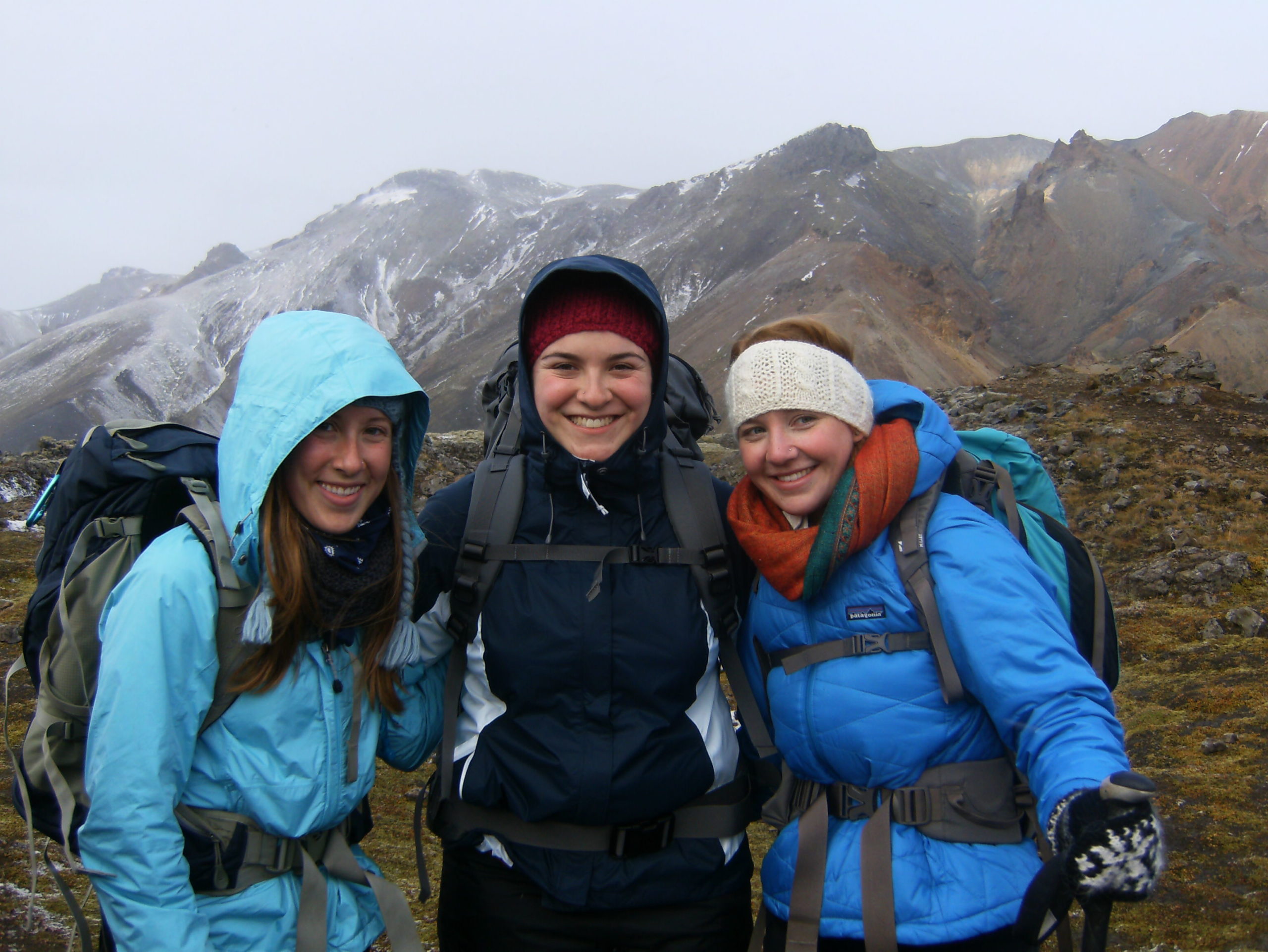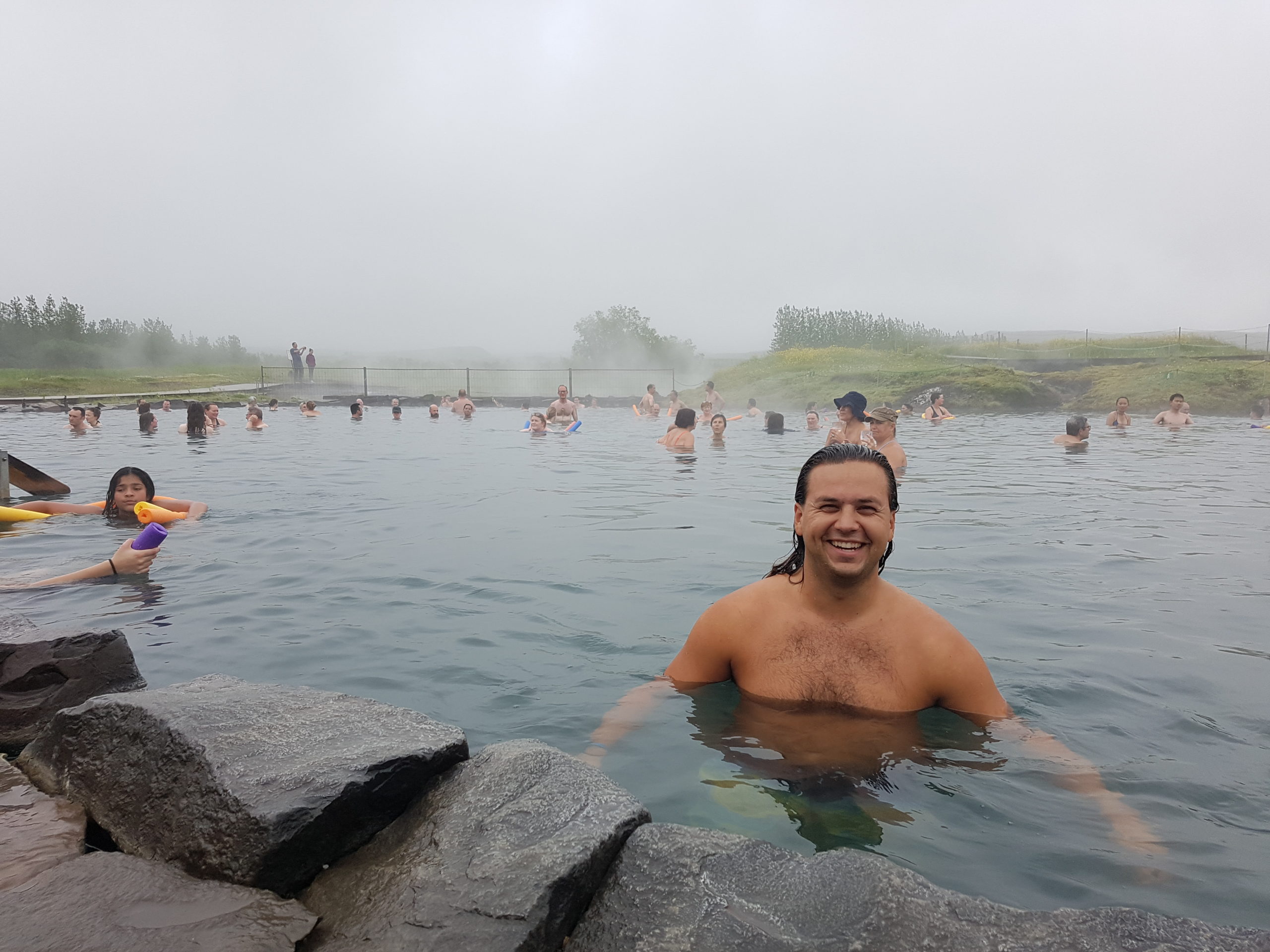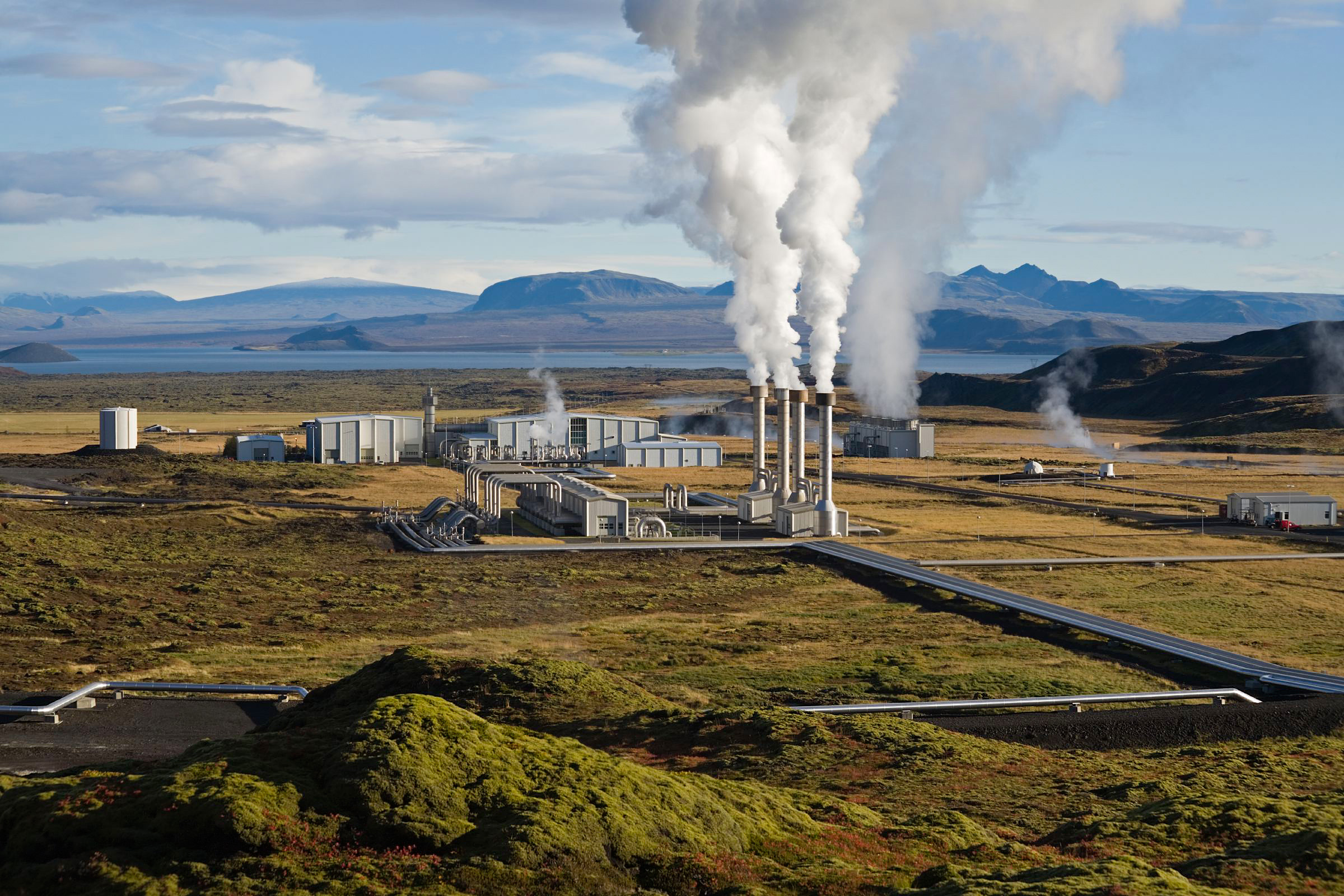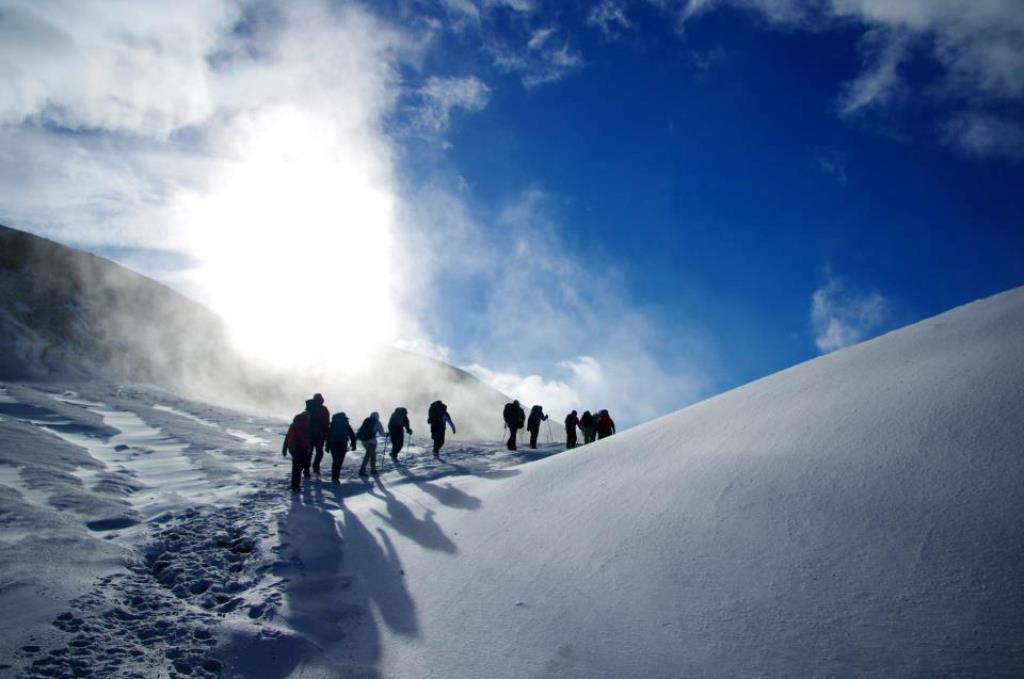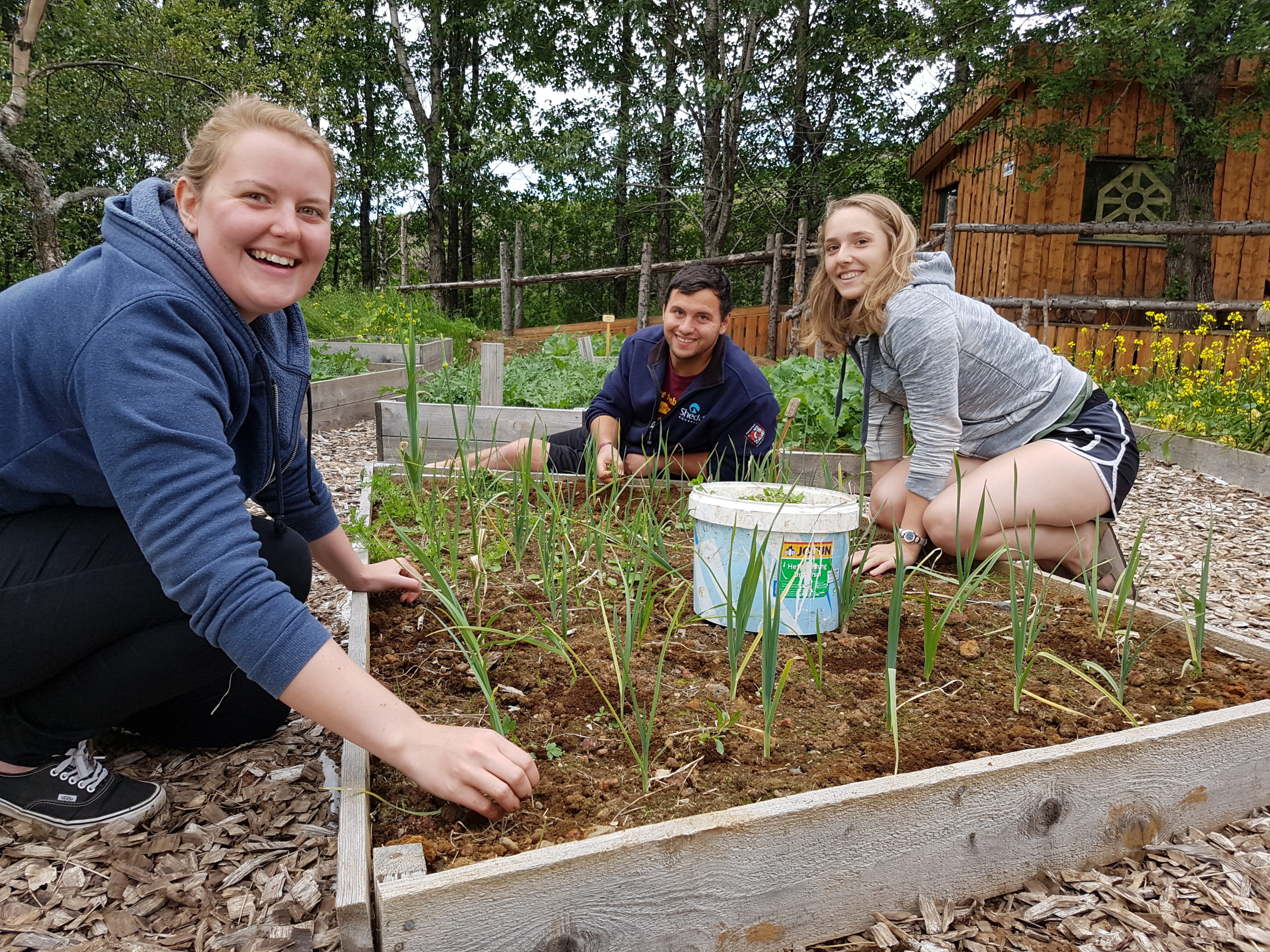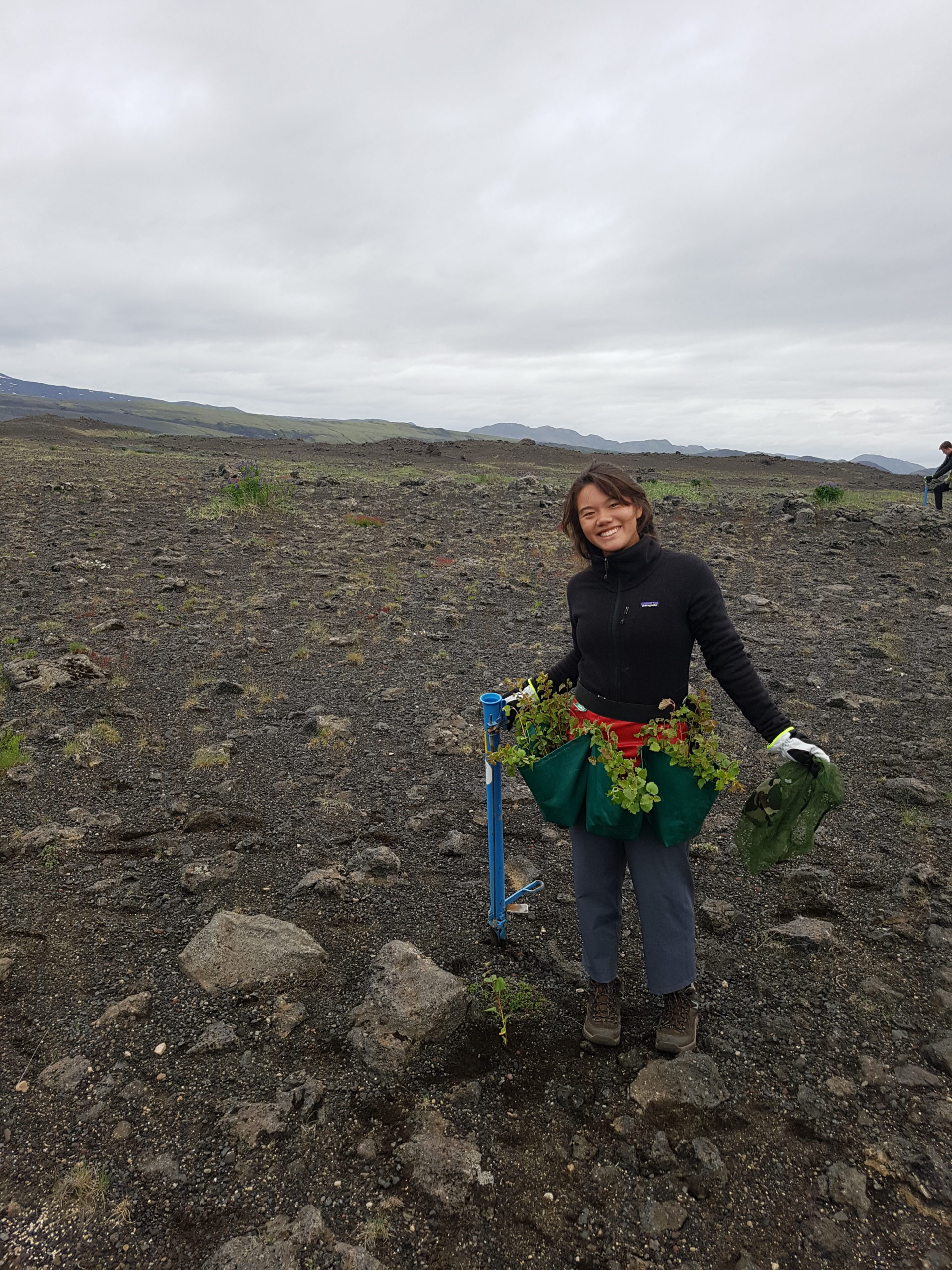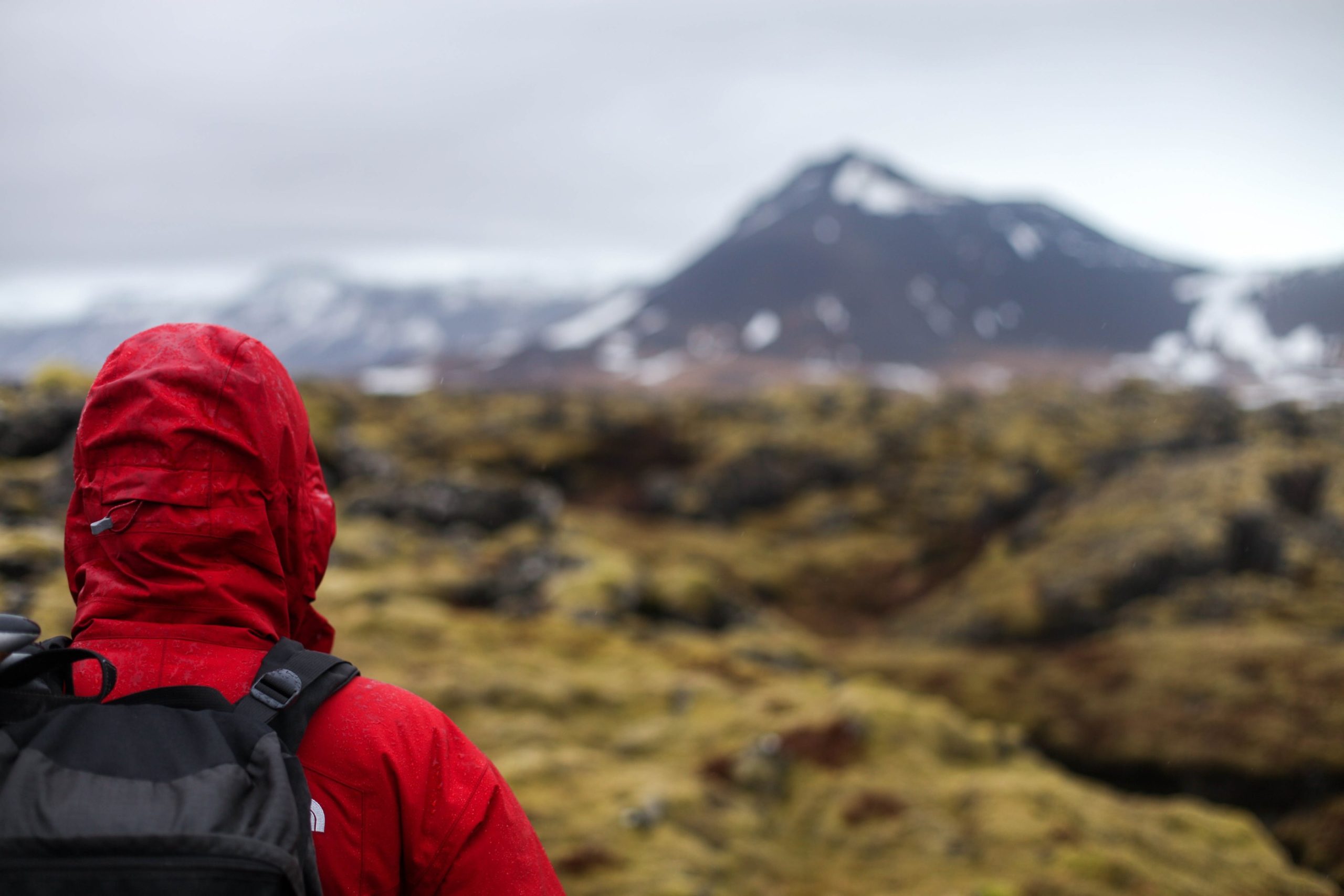Creative Solutions to the Climate Crisis
Study sustainability in Iceland
Bring your students to one of the most sustainable country in the world – Iceland!
In just 7 days your students will explore the concept of sustainability in a broad context.
Students will meet with faculty of academic departments and research institutes, interacting with local experts in various disciplines.
They will study sustainability in Iceland through visits, field excursions, courses and lectures on variuous disiplines. We explore the most amazing scenery in Iceland: stunning volcanoes, lava fields, black beaches, and glaciers.
The program includes:
- Renewable energy
- Hydro-electricity production
- Geothermal energy
- Sustainability and climate change
- Soil conservation and afforestation
- Glaciology
- Agriculture
- Food production
Our programs are designed for student groups who seek a different kind of experience and wish to explore Iceland as well as relating it to their studies.
Along with academic study programs, we offer various outdoor activities, depending upon the wishes of the group.
Please send us an email if you have any questions.
$2,900.00
Study sustainability in Iceland
Bring your students to one of the most sustainable country in the world – Iceland!
In just 7 days your students will explore the concept of sustainability in a broad context.

